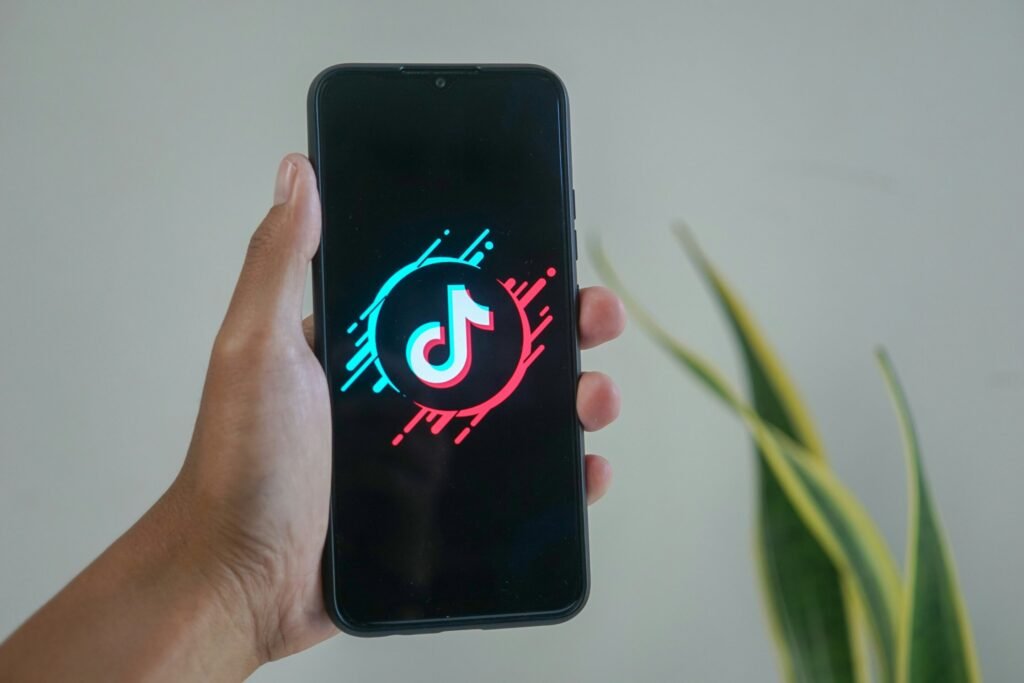In a new study, educational psychologists are being urged to combat mental health and neurodiversity misinformation on TikTok. The research suggests that more young people are self-diagnosing based on inaccurate content found on the popular social media platform.
The study highlights the growing trend of young individuals labeling themselves as neurodivergent or having mental health conditions after consuming information online. This misinformation can lead to misunderstandings and potentially inaccurate self-assessment.
To address this issue, educational psychologists and their professional bodies are encouraged to create evidence-based content on TikTok. By providing accessible and accurate information about neurodiversity and mental health, professionals can help dispel myths and provide much-needed guidance to young people navigating these complex issues.
Researchers found that hashtags related to autism, ADHD, neurodiversity, and mental health have millions of posts on TikTok. This highlights the platform’s potential as a public health tool if healthcare professionals contribute valuable content.
The study, conducted by Alma Foster and Natasha Ellis from the University of Exeter and published in the journal Educational Psychology in Practice, emphasizes the importance of providing accurate information to counter the misinformation prevalent on TikTok.
Foster explains that young people often turn to platforms like TikTok to seek understanding and support for their mental health and neurodiverse needs. However, the varying quality of content and algorithmic nature of TikTok can expose them to misleading information, leading to potential misconceptions and inaccurate self-diagnosis.
Dr. Ellis adds that while young people may find comfort in self-disclosing their neurodevelopmental differences and mental health conditions on TikTok, they may inadvertently create an echo chamber of inaccurate information. This underscores the need for professionals to step in and provide accurate guidance.
The study suggests that professional bodies such as the Association of Educational Psychologists and the British Psychological Society should offer support and guidance for self-diagnosed young individuals and their families. This can help educational psychologists navigate the ethical and legal complexities of addressing self-diagnosis based on TikTok content.
Educational psychologists are advised to consider various factors such as the individual’s social media engagement, the communities they are part of, and the content they consume on TikTok. By understanding how young people interact with the platform, professionals can better support their well-being and identity.
Overall, the study highlights the important role that educational psychologists can play in combating misinformation on TikTok and providing accurate information to young people seeking guidance on mental health and neurodiversity issues. By creating evidence-based content and offering support, professionals can help ensure that young individuals receive the care and understanding they need.


